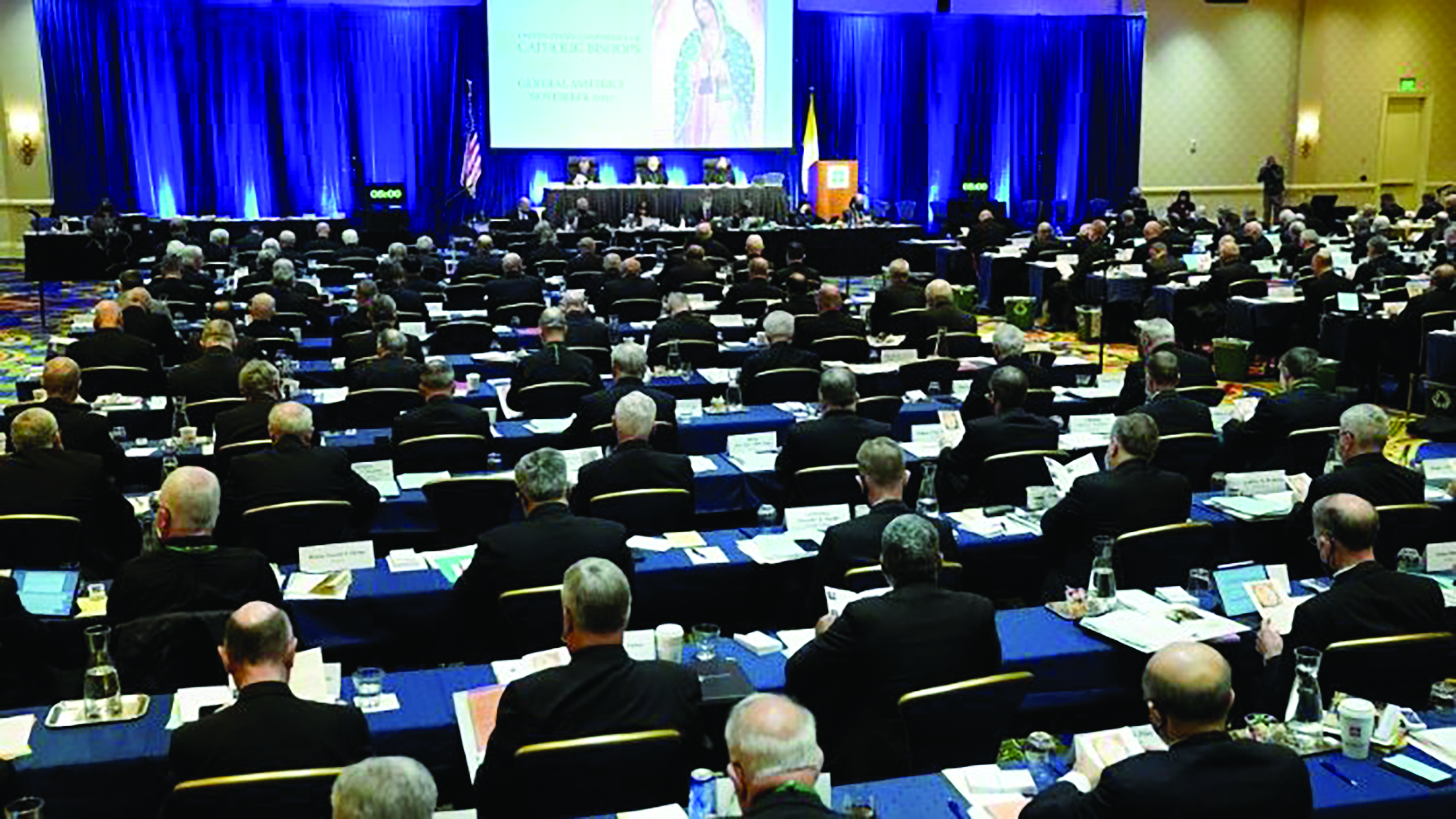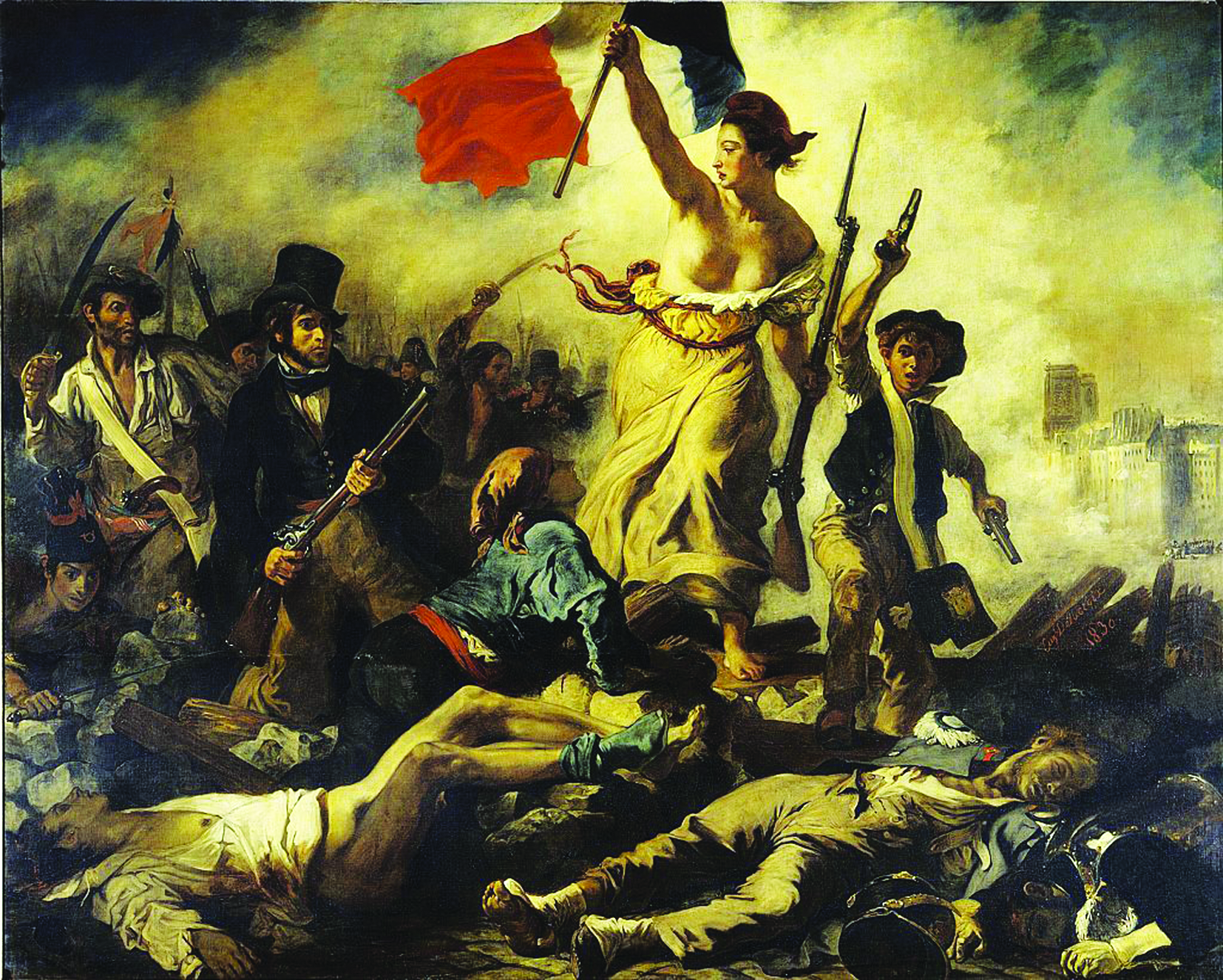
Maria Ruiz Scaperlanda is the author of a biography about this American martyr, entitled, ‘The Shepherd Who Didn’t Run.’ She spoke to Susy Hodges about Father Stanley’s life, his mission and why it made such an impact on her.
A U.S. Catholic writer and blogger, Scaperlanda was involved in collecting documentation for Father Stanley’s beatification cause. She described how the priest grew up in a farming family and was used to being very “hands-on” when it came to tilling the land and fixing whatever was broken and he used those same skills to help the people in his mission parish in a remote area of Guatamala.
“Heart wrenching” decision
Asked about Father Stanley’s decision to return to his parish in Guatamala following a stay with his family in his native U.S. despite the death threats made against him Scaperlanda said it must have been “really really difficult ….. and heart wrenching” for him. She likened it to Jesus’ mental torment in the Garden of Gethsamene shortly before his arrest and crucifixion.
“The Shepherd Who Didn’t Run”
Scaperlanda explained how the title for her book about Father Stanley “The Shepherd Who Didn’t Run” was taken from the priest’s words in a letter he wrote shortly before his return to Guatamala where he wrote that “a shepherd cannot run at the first sign of danger.”
“A great model for all Americans”
By choosing “to stand with his people” Father Stanley is “a model of faithful discipleship,” she said. He was an “ordinary man” who did “an amazing thing” and as such “can teach us to live holy lives.” This first U.S.-born martyr is “a great model for all Americans,” she said.
Vatican Radio






Facebook Comments